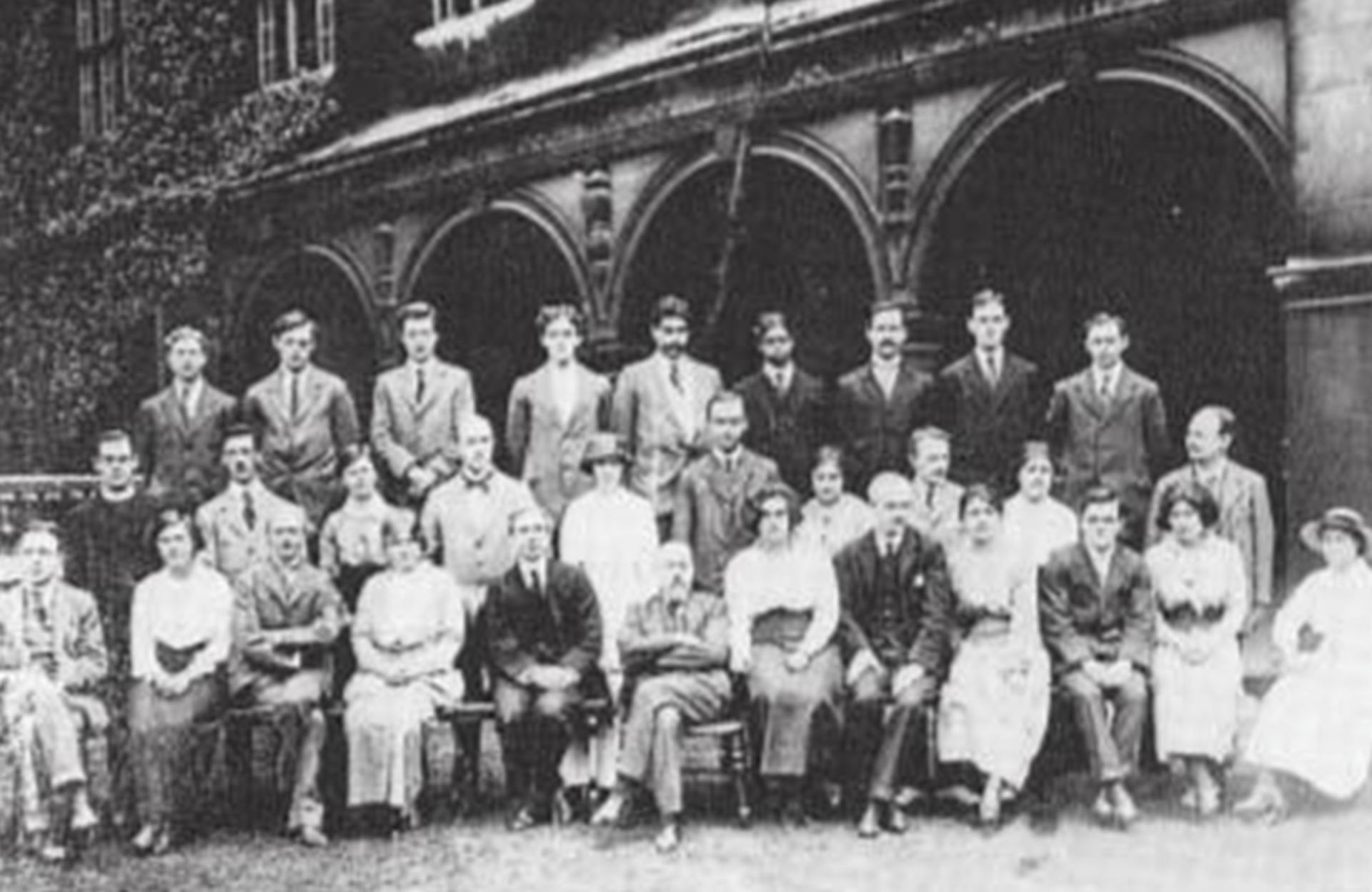Language, Experience and Self in the History of Philosophy
Connecting modern philosophy of language with themes in pre-modern and post-Kantian thought.

Since the late nineteenth century much of western philosophy has been dominated by the so-called ‘linguistic turn’, according to which central questions in metaphysics, epistemology, and ethics need to be examined through the lens of language: this involves both paying attention to our ordinary ways of speaking and investigating in a relatively a priori way the logic or grammar of our language. But though this shift to a focus on language heralded a break with post-Cartesian philosophy of mind, for some it paved the way for re-connecting western philosophy with its ancient and medieval roots.
Combining expertise in ancient, medieval, post-Kantian and early analytic thought, we are exploring these connections from both a systematic and a historical point of view. We are also interested in historiographical questions concerning (e.g.) philosophy’s relation to its own history, the so-called ‘Continental/Analytic split’, and canon-formation.
We seek to bring foundational figures in the analytic tradition, into dialogue with Platonic, Aristotelian and neo-Platonic thought, particularly in relation to philosophy of mind, action, ethics, and aesthetics. We are interested in comparing the reception of classical thinkers in the twentieth century to their reception at other times. Our group also has expertise on systematic and historical aspects of linguistic idealism, the connection between experience and language, and the unity and temporality of consciousness.
Questions we are asking include: How have Platonic and Plotinian metaphysics (especially relating to ‘the Good’ and ‘the Self’) influenced 20th Century thinkers? How can ancient conceptions of the self, substance, agency, causation, ethics and human nature be re-animated after the ‘linguistic turn’? What happens to Wittgenstein’s notion of ‘grammar’ when it is read against these traditions? What connections are there between medieval theories of complexe significabilia and the treatment of the nature and unity of the proposition in early analytic thought? Is it helpful to frame ‘ordinary language philosophy’ as a neo-Aristotelian project?
Rachael Wiseman discusses Women in Parenthesis.
Members
Richard Gaskin, Rachael Wiseman, Sorin Baiasu, Nikos Gkogkas, Stephen McLeod, Yiota Vassilopoulou, Tom Whyman
Affiliated Members
Siobhan Chapman, Ian Dunbar
PhD researchers
Activities
G. E. M. Anscombe Reading Group; Women in Parenthesis Seminar Series
Associated research centre
Women In Parenthesis Research Centre
Liverpool-Oxford-St Andrews Kantian (LOSAK) Research Centre